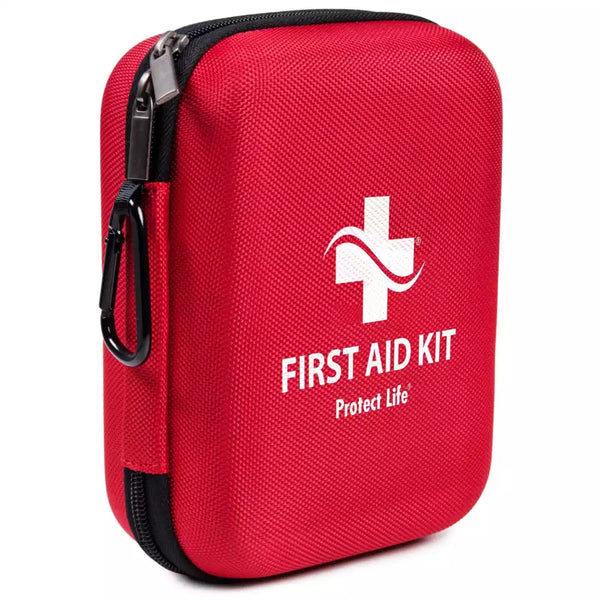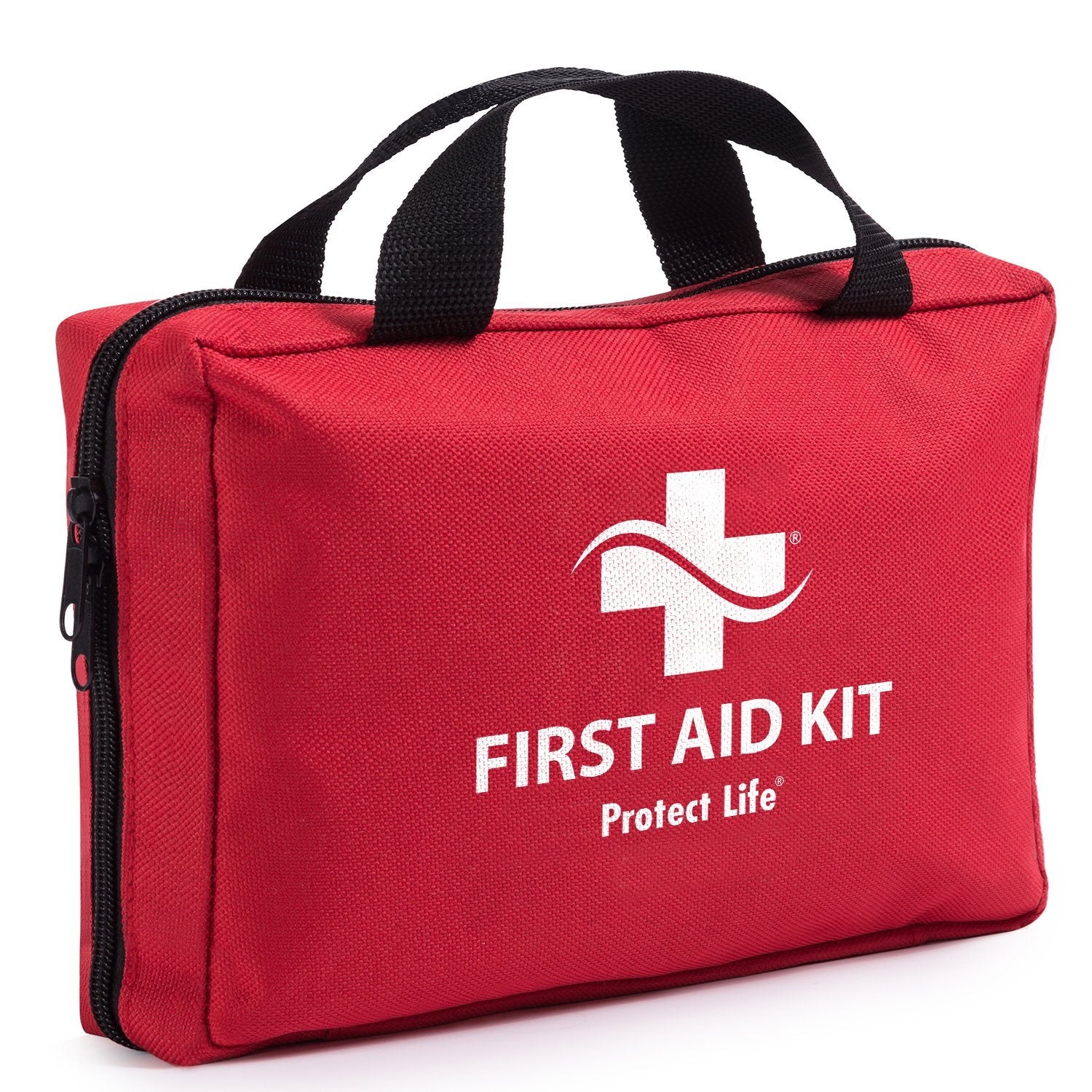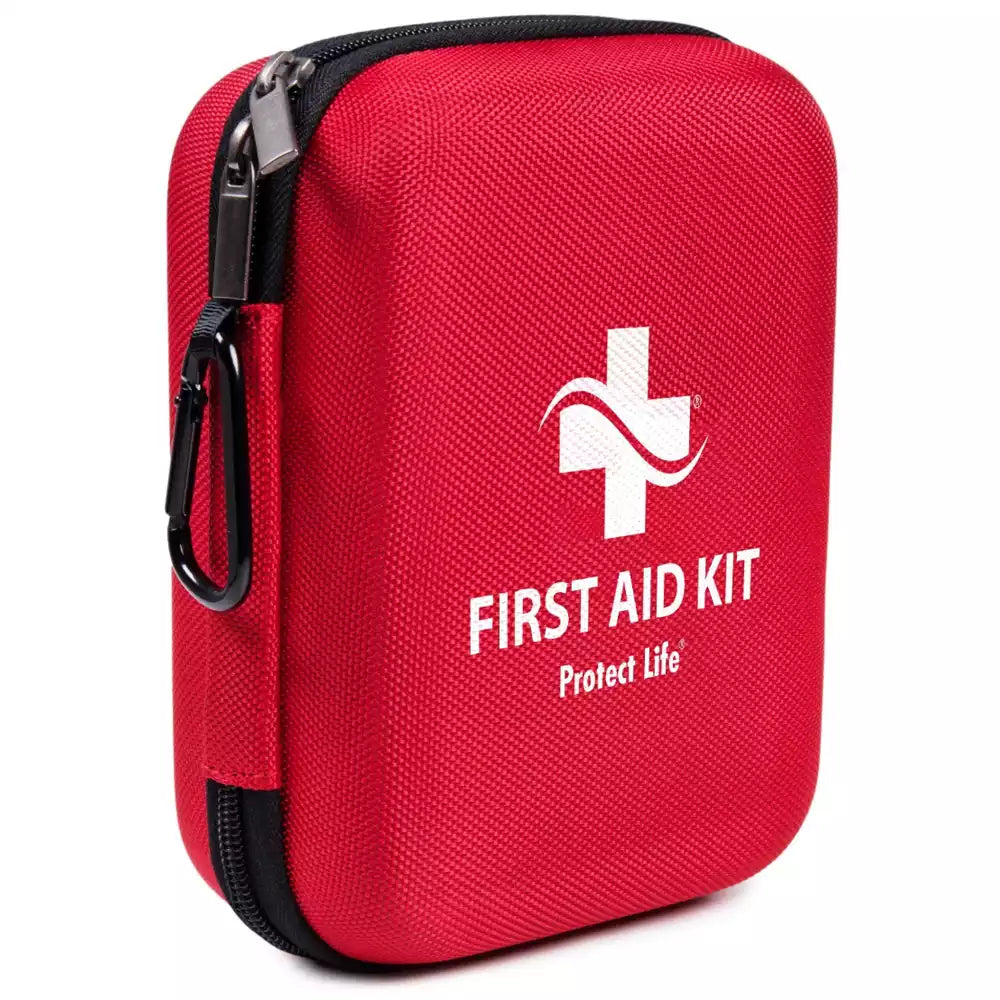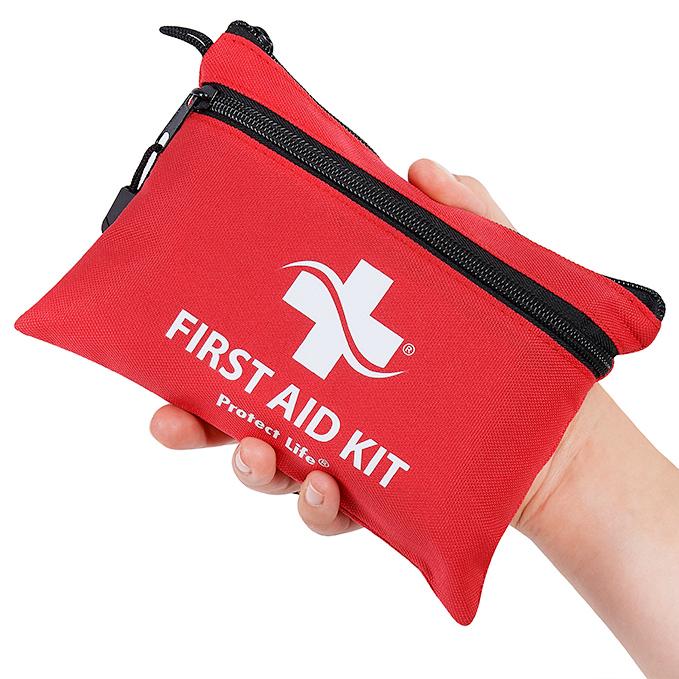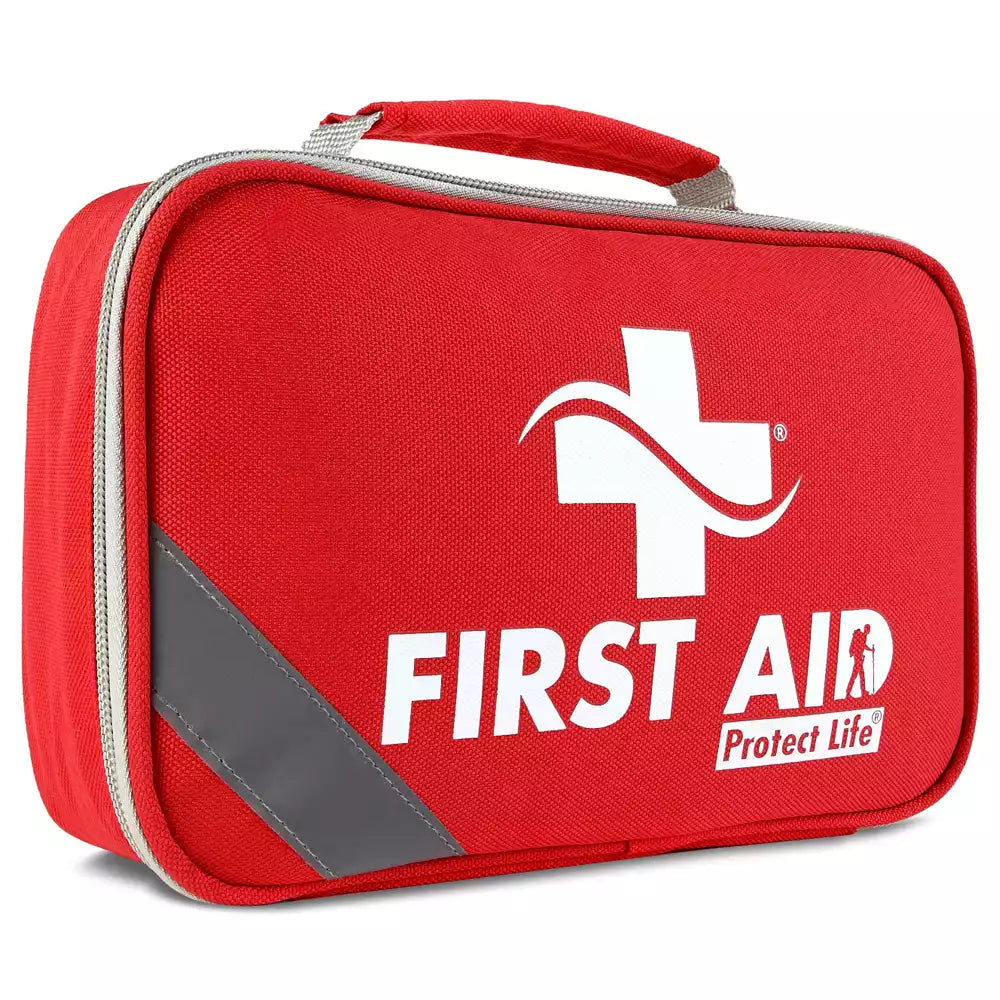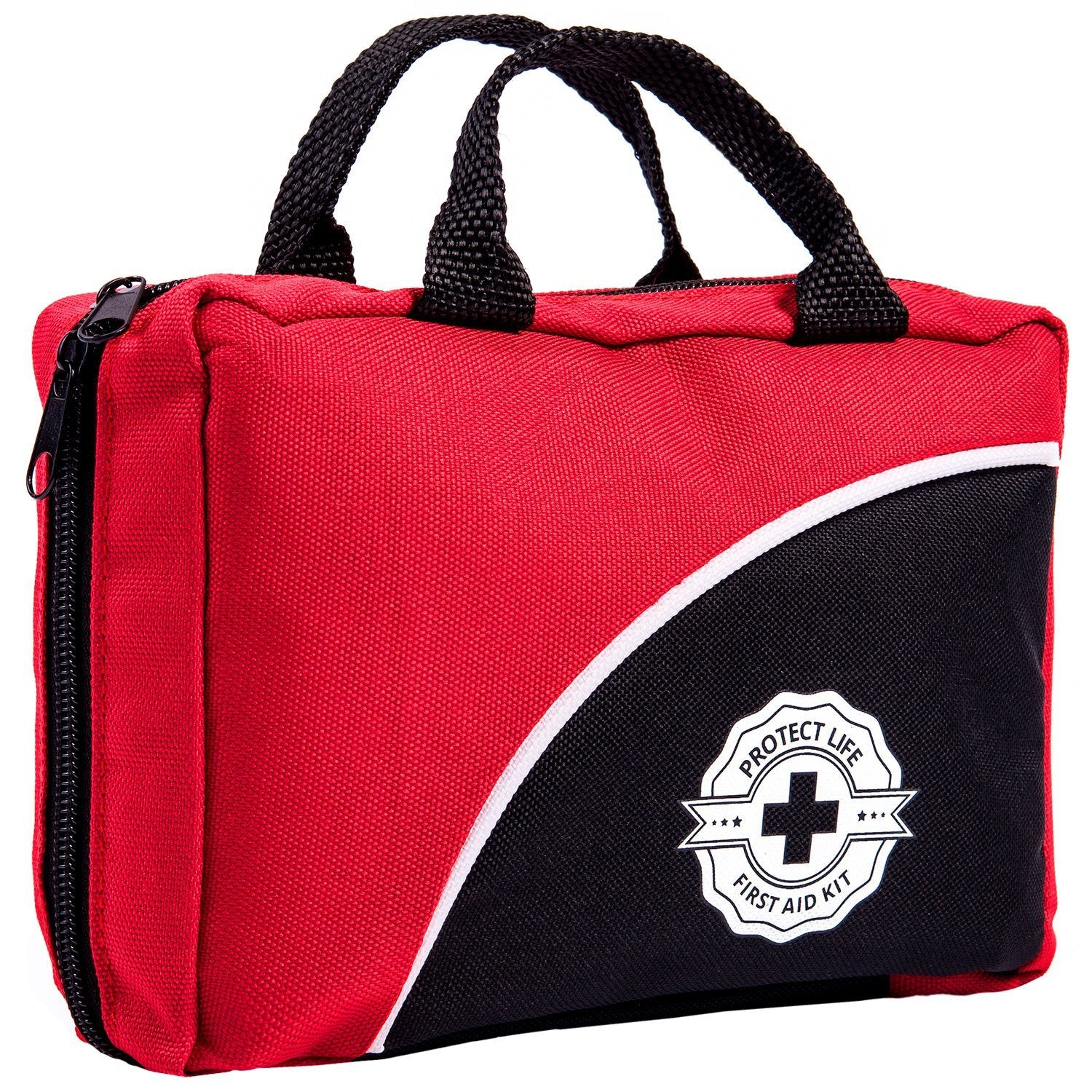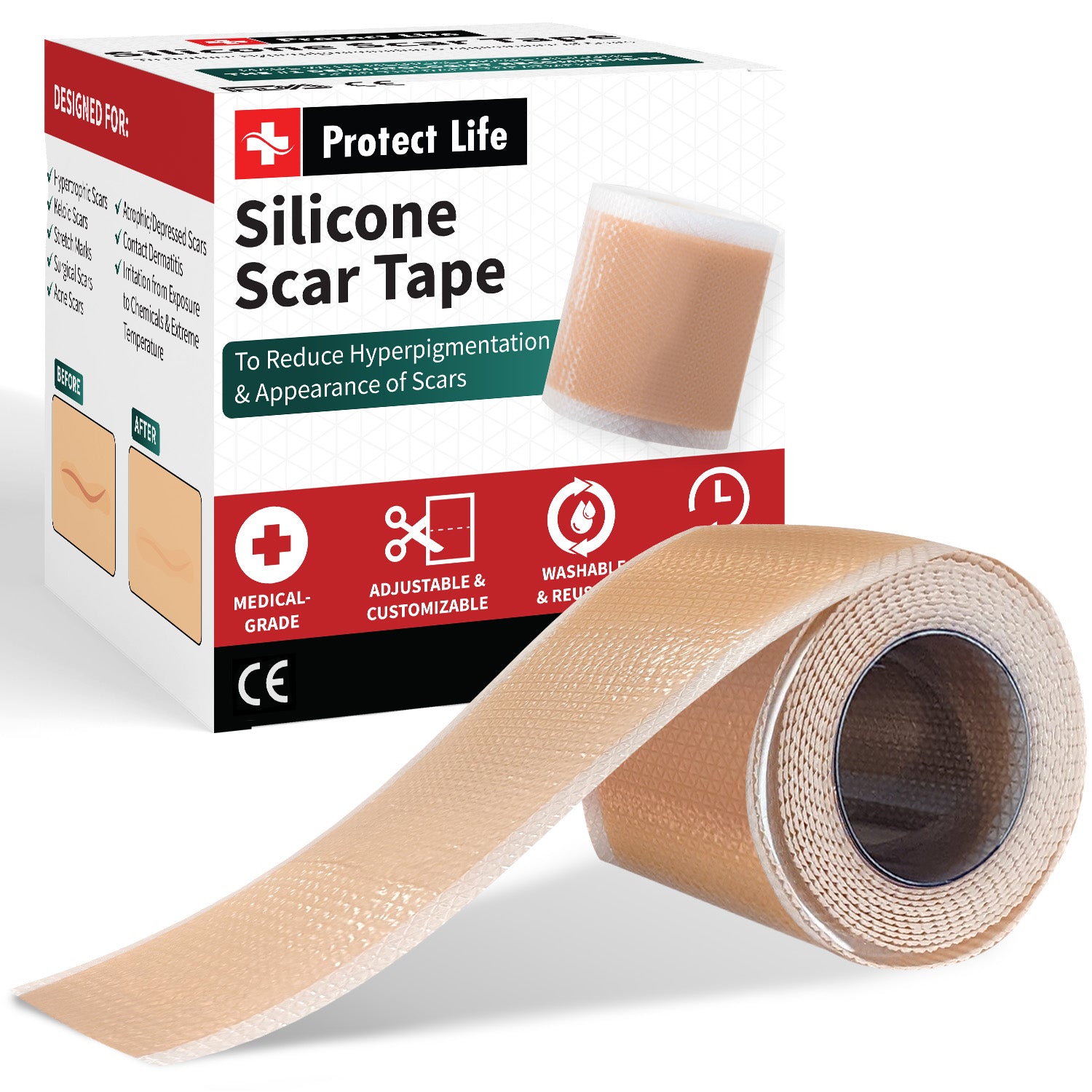With the expansion of the virus in most parts of the world, there is more and more false information out there, and the worst thing is that most people believe it. Thus they end up panicking and not taking the actual precaution methods needed to prevent getting sick. Now let’s bust some of the most common myths related to the COVID-19 Symptoms (commonly known as the Coronavirus).

Myth #1: It’s just like the flu and it’s not dangerous
Yes, the symptoms that most people experience when they get the virus are the same as with the seasonal flu. But the overall profile of the disease is different and the mortality rate is higher. This is now estimated at 2%, which means that two in every 100 people who get the virus will die. This makes the COVID-19 ten times more deadly than the seasonal flu, which is estimated to kill between 290,000 and 650,000 people every year. So you do the math and find out how many people can die of the coronavirus in 2020.
Myth #2: It only kills the elderly, so young people should not worry
It’s true that those who died were older people or they had underlying health conditions. But this does not mean that the younger generations cannot catch the virus, and then spread it even further. Health workers are the most vulnerable because they are more exposed to the virus.
It is very important for the young and healthy people to report symptoms and follow the quarantine instructions, as this can protect the elderly and those who are most vulnerable.
Myth #3: Face masks don’t help
While they do not protect you 100%, they are still five times more efficient compared to no protection at all. Dust masks are very good at capturing droplets, which is the main route of transmission for the virus. So if you are likely to get in contact with an infected person, then it’s mandatory to wear a mask. This includes when you are in transportation vehicles or large crowds of people. The myth refers to the times when you are walking through the city and not getting in close contact with others, and in that case wearing a mask will not make any difference.

Be aware! Standard surgical masks are not designed to block viral particles and do not protect against the coronavirus. What you need is an N95 respirator that will fit tightly on your face and will block tiny particles. Make sure to apply the mask according to the instructions, in order to properly fit it around the nose, cheeks, and chin so that no air can sneak in. Surgical masks are only beneficial for those that are already infected and can prevent them from spreading the virus even further.
Myth #4: You are less likely to get this virus compared to the flu
This is definitely not true. Scientists have estimated that a person with the coronavirus will infect 2.2 others. In comparison, someone with the flu virus will only infect 1.3 other people. And the worst part is that until this moment there is no vaccine to prevent or treat COVID-19.
Myth #5: The virus was made in a lab
There is no evidence to suggest this, and the SARS-CoV-2 virus closely resembles two other coronaviruses that created outbreaks in the past years (the SARS-CoV and the MERS-CoV). All of these viruses seem to originate in bats, and it’s quite common to see naturally occurring coronaviruses to get from animals to humans.
Myth #6: If you get the virus you will die
This is not true, and about 81% of the infected people only have mild cases of the disease. 13.8% of the cases are severe, 4.7% are critical and about 2% are deadly. Those who are the most at risk are old people or those with underlying health conditions such as heart disease, respiratory problems, diabetes, HIV and so on.
Myth #7: Pets can spread the virus
We see photos on the internet with people putting face masks on their cats or dogs, but there is no scientific evidence that pets can be infected with this virus or spread it to humans. The World Health Organization simply recommends washing your hands with water and soap after being in contact with your pet, but there is no need to put a mask on their face.

Myth #8: Kids can’t catch the coronavirus
Statistics show that children are less likely to catch the virus compared to adults, but they still can get it. In Italy, 5 out of 400 infected people were children, while in the Hubei province of China about 2.2% of 44,000 cases were persons under the age of 19. This means 968 children were infected. On the other hand, kids are more likely to get influenza in any given year compared to adults.
Myth #9: It’s not safe to receive packages from China
The World Health Organization states that it is safe, and scientists have found that the coronaviruses don’t survive for too long on letters or packages. They can last up to nine days on surfaces such as metal, glass or plastic, but the conditions in packaging are not favourable for the virus to survive. This is because it needs a certain temperature and humidity, and these are simply not present in shipping packages. Not to mention that depending on your location, it can take weeks for a package to arrive from China.
Myth #10: You need to stock up on food
There has been a lot of frenzy in some countries with people stocking up on food, cans, and water, emptying the shelves in the supermarkets. This just creates more panic and it’s not necessary in case there isn’t a massive epidemic in your region. While many people will like the idea of skipping their job or not going to school and just staying at home, this will most likely not happen in most countries (unless you are infected or the government announces that people should stay indoors).
Myth #11: Hand dryers and UV lamps can kill the virus
Unfortunately, this is not true, and the virus can only be removed by washing your hands with water and soap, or by using an alcohol-based hand rub. UV radiation does not help, and it can also cause skin irritation.
Myth #12: Vaccines against pneumonia protect you against the virus
Pneumonia or influenza vaccines are not effective when it comes to the new coronavirus. This virus is new and different, and it needs its own vaccine.
Other Myths
Here are other crazy claims that do not have any scientific backup and most probably are not effective:
- Thermal scanners can detect the virus
- Spraying alcohol or chlorine on the body can kill the virus
- Rinsing your nose with saline water will prevent the infection
- Eating garlic will prevent the infection

